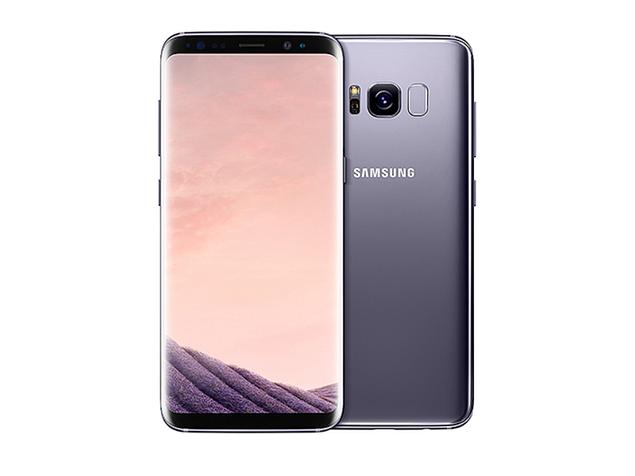Over the last few years, the smartphone and tablet markets have become quite predictable. Each year every major phone maker will launch a new flagship with a predictable spec upgrade and potentially a few design changes. As innovation has slowed down, consumers have begun getting used to longer upgrade cycles, and the smartphone industry is starting to feel that pinch.
Back in 2014, the average upgrade cycle for most smartphone buyers was 23 months. However, as The Wall Street Journal recently pointed out, this has since risen to 31 months in 2018. By next year, analysts are expecting the average upgrade cycle to hit 33 months, causing a slump in yearly smartphone sales.
The specific data came from BayStreet research. According to the analysts, there are a few reasons at play for this prolonged upgrade cycle. For starters, flagship devices have slowly become much more expensive, with devices like the iPhone X and Galaxy Note 8 hitting the $1000 mark.
Aside from that, a lack of innovation has been attributed. While 2017 saw some major smartphone redesigns from companies like Apple and Samsung, many are opting for more mid-range devices at cheaper prices. Particularly since many mid-range smartphones nowadays have more than enough performance baked in.
KitGuru Says: The tablet market has generally survived on longer upgrade cycles, but this seems to be spreading to smartphones too at this point in time. How often do you upgrade your phone? I still tend to stick to 24 month contracts myself.
 KitGuru KitGuru.net – Tech News | Hardware News | Hardware Reviews | IOS | Mobile | Gaming | Graphics Cards
KitGuru KitGuru.net – Tech News | Hardware News | Hardware Reviews | IOS | Mobile | Gaming | Graphics Cards



